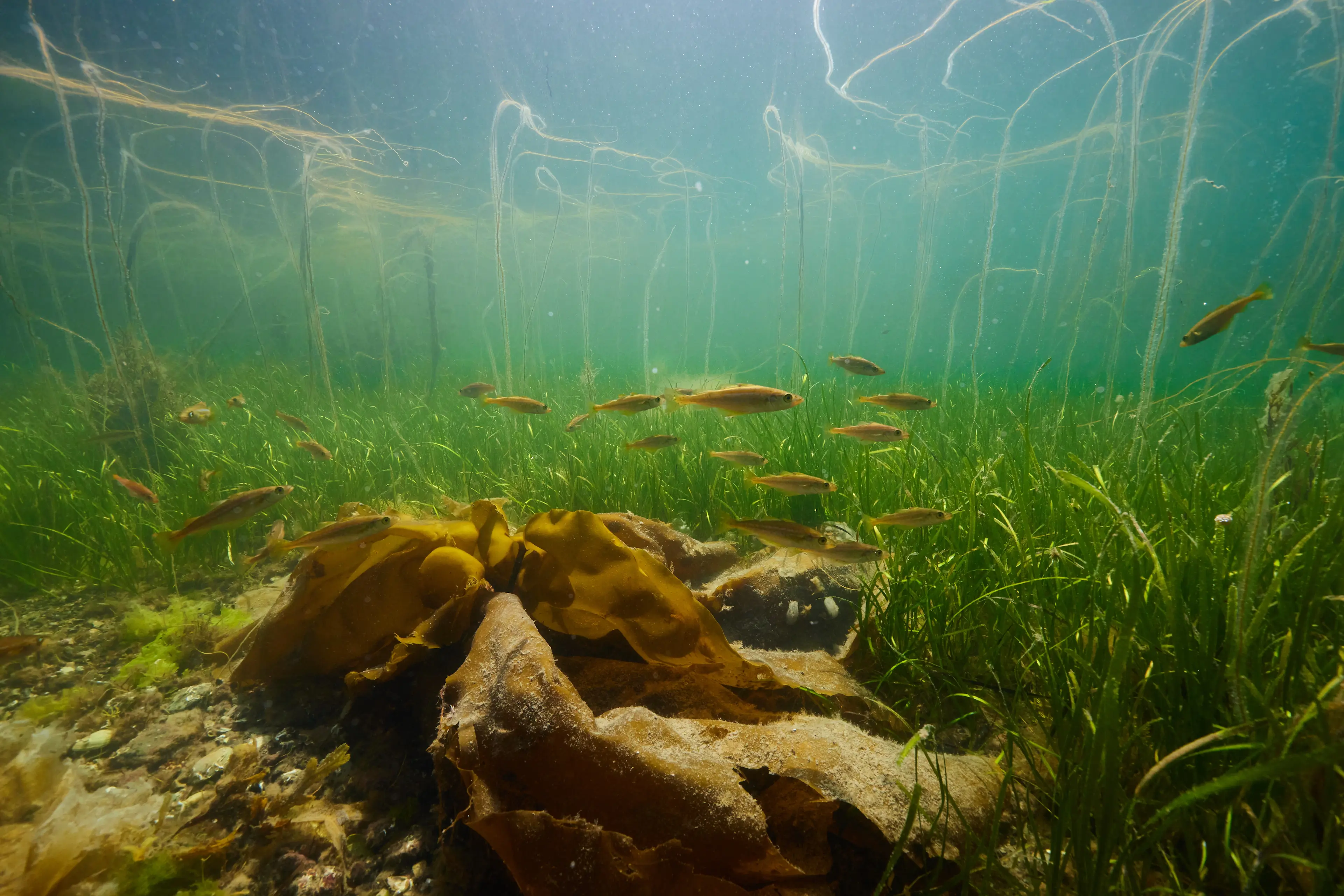
Native oyster and seagrass restoration - Scotland
Info
Purchase type
By funding this project you are contributing to their work. You will receive impact reports and measurements but you won't receive a carbon credit.
Categories
Background
Seawilding, based at Loch Craignish, Argyll is the UK's first community-led native oyster and seagrass restoration project. Their aim is to restore lost biodiversity, sequester carbon, and create green jobs. They are pioneering low-cost, best-practice marine habitat restoration methodologies and empowering other coastal communities to do the same.
Why did we choose this project?
Native oysters and Seagrass are key-stone species. They enable other species to survive, occupying a vital role in their marine environment. Native oysters are “ecosystem engineers”, filtering and cleaning water, sequestering carbon and contributing substantially to inshore biodiversity by creating reefs that become hot spots for a variety of marine species as well as fish spawning grounds. Seagrass (Zostera marina) is the ocean’s only flowering plant and provides a vital habitat for marine biodiversity as well as being an important carbon sink.
Star fact
native oysters are 'ecosystem engineers', filtering and cleaning water, sequestering carbon and contributing substantially to inshore biodiversity by creating reefs that become hot spots for a variety of marine species as well as fish spawning grounds.
UN Sustainability Goals
Location
Scotland